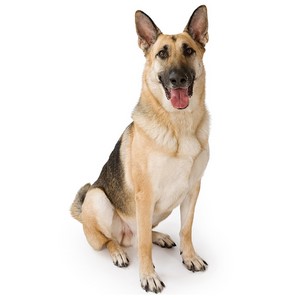Nowadays, numerous owners are reuniting with their lost animals through Lost & Found Pet Groups on Facebook. If you’re unsure how to use it, whether you lost an animal or found a pet, here are some practical tips to get you began.
1. Find your local Lost & Found Pet Groups and join as a lot of them as you can, find yours here.
2. Post the lost or found pet details on all the groups you joined, make certain to consist of images.
3. Keep an eye out for any replies or others publishing about the exact same family pet.
4. If someone posts about your lost pet or the pet you found be sure to get in contact with them ASAP.










